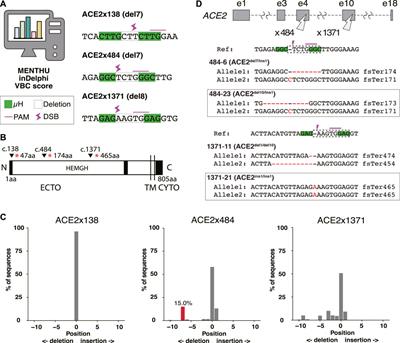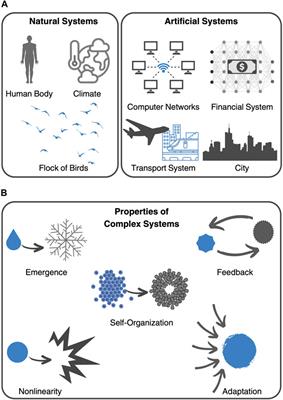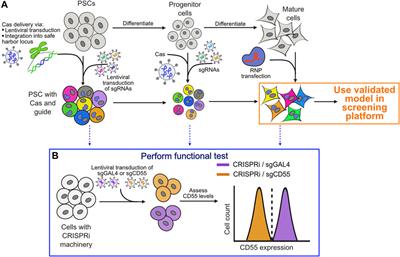CORRECTION
Published on 21 Jun 2024
Corrigendum: ACE2 knockout hinders SARS-CoV-2 propagation in iPS cell-derived airway and alveolar epithelial cells
doi 10.3389/fcell.2024.1407164
- 659 views
4,107
Total downloads
17k
Total views and downloads
CORRECTION
Published on 21 Jun 2024
EDITORIAL
Published on 22 Dec 2023
ORIGINAL RESEARCH
Published on 08 Dec 2023

MINI REVIEW
Published on 25 Aug 2023

REVIEW
Published on 24 Jul 2023

REVIEW
Published on 10 Apr 2023

